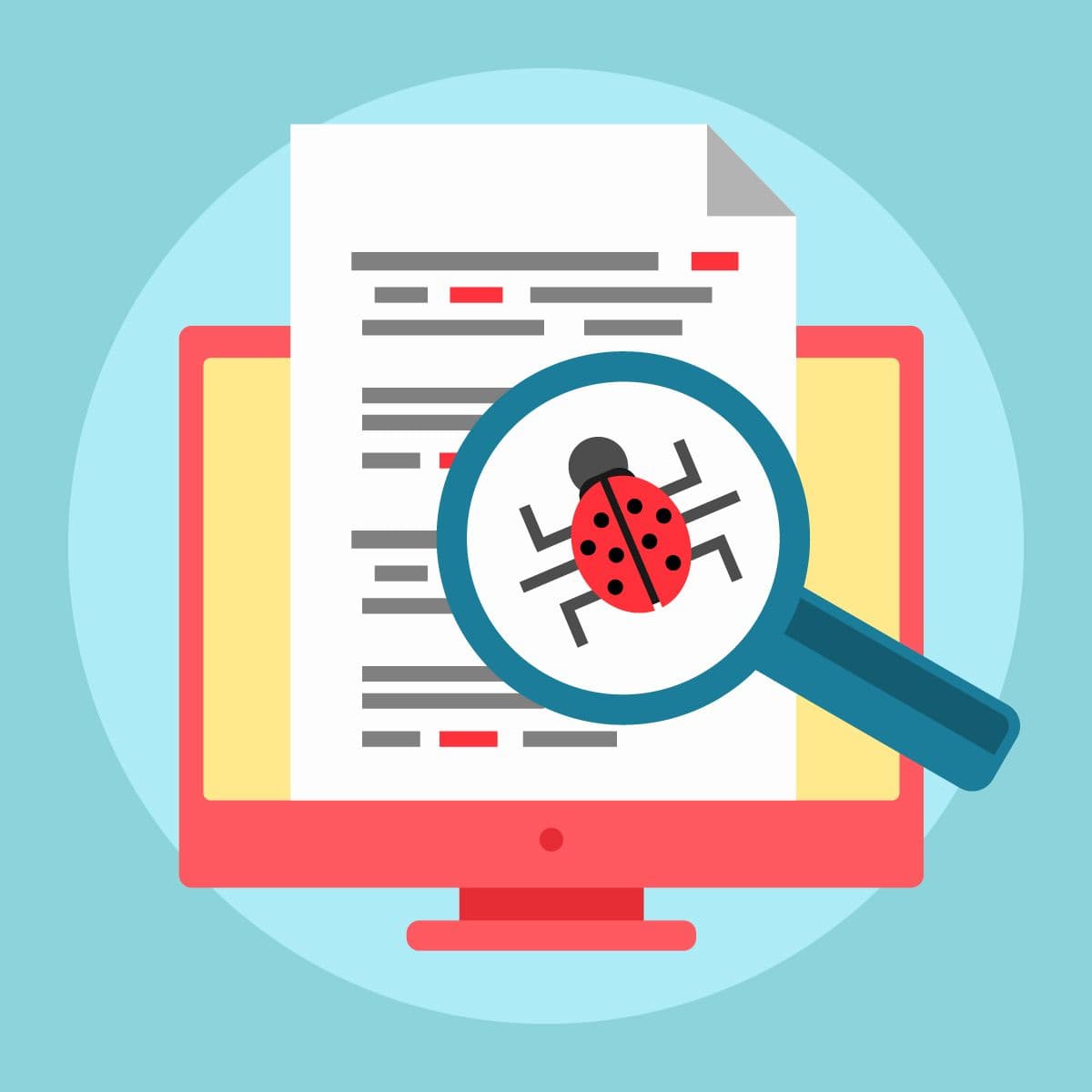Introduction: Plagiarism Checkers Are Only Half the Story
If you're a student or researcher, you've probably run into Chegg's plagiarism checker while rushing to polish an essay. It’s quick, convenient, and can catch a fair number of copied lines—but here’s the real question: is that enough?
While plagiarism detection is vital, accurate citations are what truly elevate your work. Knowing what a citation is and how to apply the right style (AMA, ACS, MLA, CSE, etc.) can be the difference between an A+ and an academic integrity flag.
Let’s look at how Chegg’s plagiarism checker fits into a full citation workflow—and why using it alongside PaperGen, an AI-powered writing assistant, offers a smarter, more complete solution.
What Does Chegg Plagiarism Checker Actually Do?
Chegg’s tool scans your document for overlapping text across online databases, academic sources, and student papers. It highlights similar content and provides a percentage-based originality score.
But here’s what it doesn’t do well:
- It doesn't explain which in-text citation is formatted correctly in MLA style.
- It doesn’t help you fix your citations or teach you about styles like CSE citation or AMA citation.
- It won’t create references or format your bibliography.
That’s where PaperGen fills the gap. PaperGen offers built-in citation support across major styles, along with an intelligent grammar engine and tone guidance to ensure every part of your paper—from structure to sourcing—is polished and compliant.
Popular Citation Styles You Should Know
- AMA Citation Format: Common in medical and health-related writing. It uses numerical references in superscript and a specific structure for journals and books. Guide to AMA Style
- ACS Citation: Preferred in chemistry and physical sciences. References are typically listed numerically by order of appearance. Learn ACS Style
- CSE Citation: Used in biology and natural sciences. It includes Name-Year, Citation-Sequence, and Citation-Name systems. CSE Style Guide
- MLA Style: Often required for humanities courses. Understand which in-text citation is formatted correctly in MLA style using examples and exercises. MLA Format Overview
With PaperGen, you can auto-generate these formats, get tone suggestions, and ensure clarity across every citation.
Why PaperGen Excels Beyond Chegg and Grammarly Citation Tools
Grammarly citation features help format references in APA, MLA, and Chicago, and Chegg checks for originality—but PaperGen combines both:
- Real-time AI-powered citation generation
- Built-in style selection from AMA citation format, ACS citation, CSE citation, and more
- Intelligent grammar checks and human-like tone suggestions
PaperGen also detects potential tone inconsistencies and passive voice issues—all while ensuring your citations are crisp and plagiarism-free.
Need something tailored? PaperGen supports:
- ACS Citation Generator workflows
- Multilingual writing support
- Export-ready bibliography integration
Case Study: Avoiding Plagiarism with a Smarter Workflow
Sophia, a biology major, submitted a lab report and ran it through Chegg's plagiarism checker. It came back with 18% similarity, mostly from improperly paraphrased sources.
Instead of guessing citation formats, she switched to PaperGen:
- Used its CSE citation suggestions to properly cite her data
- Cleaned up awkward paraphrasing with PaperGen's rewrite assistant
- Checked tone and clarity based on audience type
Result: Her final submission passed with flying colors, and her professor praised her writing style and proper citation structure.
Tips to Get the Most from PaperGen and Chegg
Understand What Is a Citation: PaperGen explains the “why” and “how” of citation clearly.
Choose the Right Format Early: Easily toggle between ACS citation, AMA citation format, and more.
Use Chegg for Similarity Reports: Then import your work into PaperGen to revise, format, and enhance tone.
Don’t Rely on One Tool: Let Chegg and PaperGen work together—originality + clarity + style = winning paper.
Conclusion: From Checking to Perfecting with PaperGen
Chegg’s plagiarism checker is a useful tool for identifying duplicate content—but it's only one piece of the academic writing puzzle.
PaperGen offers the full picture: smart rewriting, tone matching, flawless formatting, and built-in citation tools across AMA citation, ACS citation, CSE citation, and more.
Don’t just check your work. Perfect it. Try PaperGen today at papergen.ai.



